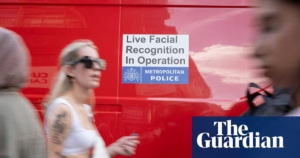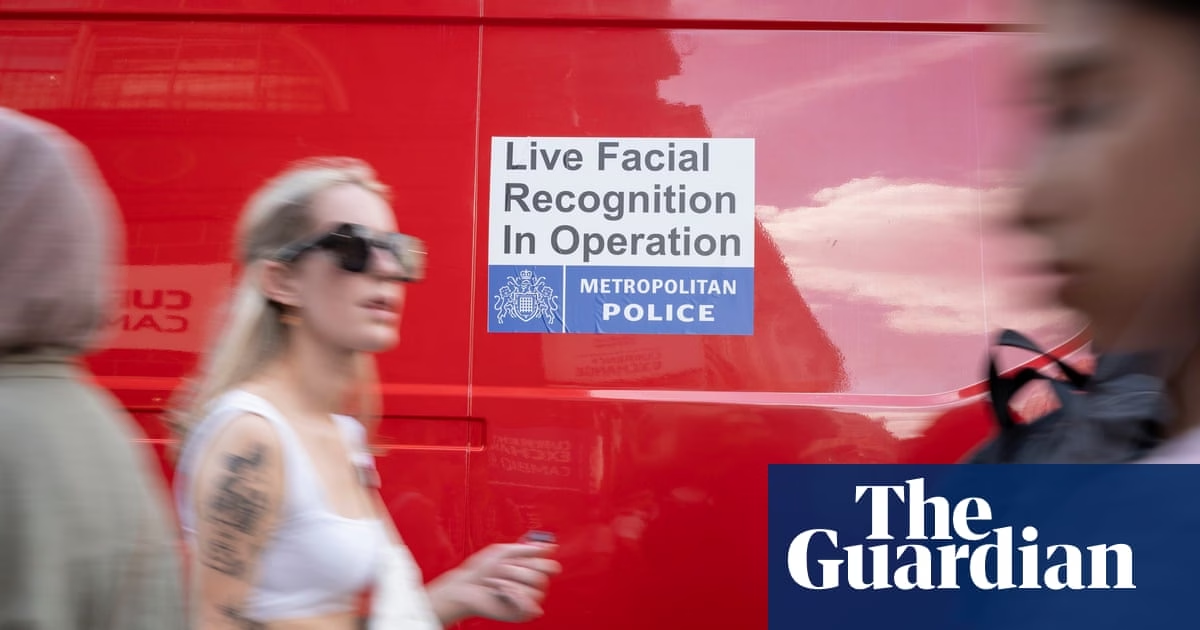The Metropolitan police’s assertions regarding the lack of bias in their use of live facial recognition are unsupported by the report they reference, according to a prominent expert on the technology.
Pete Fussey, who has conducted the only independent academic study on police use of facial recognition and previously advised the Met, disputes the claims. Despite the Met citing a 2023 study by the National Physical Laboratory (NPL) as evidence of their system’s impartiality, Fussey asserts the data does not back up these claims.
The study, which analyzed 178,000 images in London and Cardiff, found evidence of bias at certain sensitivity settings of the facial recognition technology. For example, at a sensitivity level of 0.56, the system displayed biased outcomes, and at 0.6, it incorrectly flagged seven individuals from ethnic minorities as suspects.
The Met has responded to these criticisms by stating they now operate facial recognition at a 0.64 sensitivity level, where no false matches were reported. They maintain that the NPL study vindicates their approach to using facial recognition. However, Fussey disputes the sufficiency of the sample size to make broad claims about the technology’s accuracy and insists that more extensive testing is required.
The Metropolitan Police Service frequently promotes its adherence to independent testing for algorithmic imbalance, but Fussey counters that the actual analysis done at the settings deemed free from prejudice (0.64 or above) was inadequate and cannot support the Met’s assertions of complete impartiality.
Challenges to the Met’s stance on live facial recognition have also emerged from the Equality and Human Rights Commission, which declared the police’s deployment of the technology unlawful. The Methodist church, the Labour Party, and Green Party have also voiced opposition to the planned implementation of facial recognition at the Notting Hill carnival this bank holiday weekend.
Despite the controversy, the Met insists on its continued use of facial recognition, arguing it serves as a deterrent to criminal activity and aids in post-event identification of suspects for crimes such as violence and assaults. While acknowledging people’s right to security through technology, Fussey emphasizes the need for appropriate accountability measures and compliance with human rights standards.
Statistics provided by the Met show a low rate of false positives and denying any detentions resulting from false matches. Nevertheless, concerns over privacy and civil liberties persist, echoing broader societal debates on the use of facial recognition technology.
Source: https://www.theguardian.com/technology/2025/aug/23/expert-rejects-met-police-claim-that-study-backs-bias-free-live-facial-recognition-use






